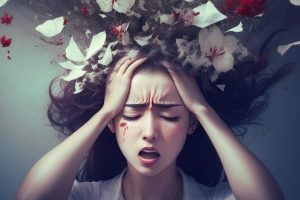Anxiety disorders are common globally, affecting daily life and relationships if untreated. Effective treatments include Cognitive Behavioral Therapy (CBT), which targets negative thought patterns, and mindfulness practices like meditation. Breathwork and relaxation exercises, physical activity, diet, and social support networks also play vital roles in anxiety treatment. CBT, holistic lifestyle changes, and various therapies offer comprehensive strategies to manage symptoms, enhance well-being, and improve quality of life for individuals dealing with anxiety.
Anxiety disorders affect millions, causing relentless worry, fear, and panic. Understanding these conditions and their impact is the first step towards effective anxiety treatment. This comprehensive guide explores a range of evidence-based techniques designed to reduce symptoms, from cognitive behavioral therapy (CBT) and mindfulness practices to lifestyle changes. By combining these strategies, individuals can gain greater control over their anxiety, improve overall well-being, and lead more fulfilling lives.
Understanding Anxiety Disorders and Their Impact
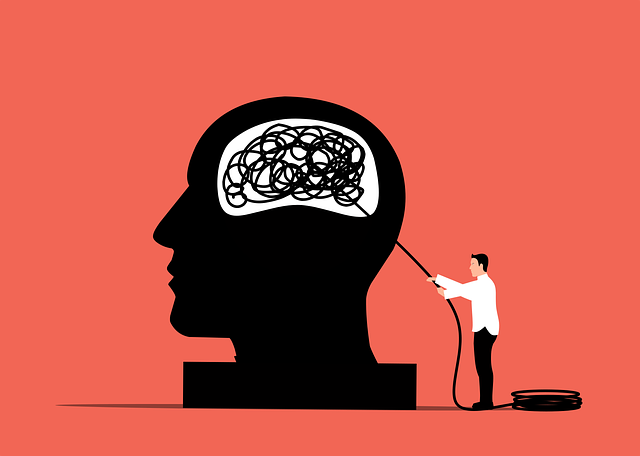
Anxiety disorders are a common mental health concern, affecting millions worldwide. They encompass various conditions, such as generalized anxiety disorder (GAD), panic attacks, social anxiety, and specific phobias. Understanding these disorders is crucial in promoting effective anxiety treatment. Anxiety can manifest differently in each individual, but common symptoms include excessive worry, fear, restlessness, and physical sensations like a racing heart or difficulty breathing.
The impact of anxiety disorders can be profound, affecting daily functioning, relationships, and overall quality of life. Left untreated, anxiety can lead to avoidance behaviors, making it challenging for individuals to engage in everyday activities. Recognizing the signs and seeking professional help is an essential step towards managing and overcoming anxiety. With appropriate treatment, such as therapy, medication, or a combination of both, individuals can learn coping strategies to reduce symptoms and improve their overall well-being.
Cognitive Behavioral Therapy (CBT): A Powerful Tool for Anxiety Treatment
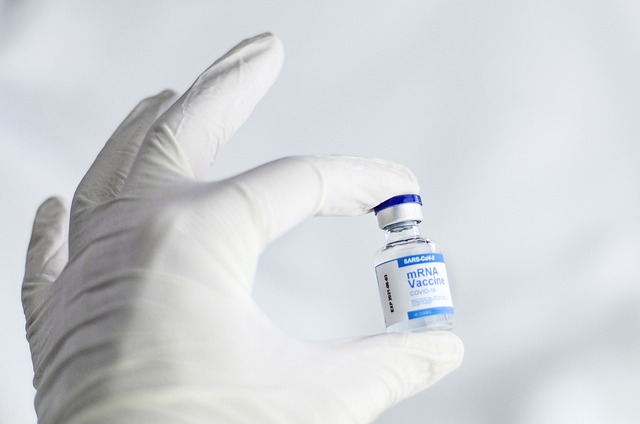
Cognitive Behavioral Therapy (CBT) is a highly effective and widely recognized anxiety treatment approach. It focuses on identifying and changing negative thought patterns and behaviors that contribute to anxiety, offering individuals practical tools to manage their symptoms. CBT helps patients understand the connection between thoughts, feelings, and actions, allowing them to challenge and replace distorted thinking with more realistic and positive interpretations.
This therapy is particularly powerful because it equips people with coping strategies they can use long-term. By learning to recognize and reframe anxious thoughts, individuals gain a sense of control over their reactions, leading to reduced anxiety in various aspects of life. CBT has been extensively studied and proven successful in treating numerous types of anxiety disorders, making it a go-to anxiety treatment option for many healthcare professionals.
Mindfulness and Meditation Techniques to Reduce Anxiety

Mindfulness and meditation have emerged as powerful tools in the arsenal against anxiety treatment. By focusing on the present moment, these techniques help individuals detach from anxious thoughts and reduce their intensity. Mindfulness encourages non-judgmental awareness of thoughts and feelings, allowing one to observe rather than react impulsively to stressful situations.
Meditation practices, such as deep breathing exercises and guided visualizations, promote relaxation and calmness. Regular meditation can help lower overall anxiety levels and improve emotional well-being. It’s a simple yet effective method that anyone can incorporate into their daily routine to manage anxiety symptoms and enhance mental resilience.
Breathwork and Relaxation Exercises for Calming the Nervous System

Breathwork and relaxation exercises are powerful tools for calming the nervous system, offering an effective anxiety treatment. Techniques like diaphragmatic breathing or progressive muscle relaxation help to activate the body’s natural rest-and-digest response, reducing stress hormone levels. By focusing on slow, deep breaths and consciously releasing tension in various muscle groups, individuals can experience a sense of tranquility and balance.
These exercises are accessible anywhere, making them valuable tools for managing anxiety symptoms on a daily basis. Regular practice has been shown to strengthen the mind-body connection, fostering resilience against stressful situations. Incorporating breathwork into your routine can be as simple as setting aside a few minutes each day to engage in these grounding practices, providing a much-needed respite from the constant state of alertness that anxiety can induce.
Physical Activity and Exercise as a Natural Remedy
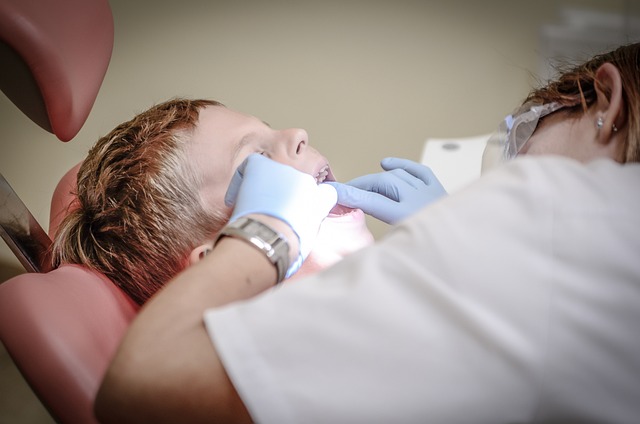
Physical activity and regular exercise have emerged as powerful tools in the arsenal against anxiety, offering a natural remedy that can be just as effective as prescription medication. The science behind this is simple yet profound: when we engage in physical movement, our bodies release endorphins, often referred to as ‘feel-good’ hormones. These chemicals not only reduce feelings of pain but also boost mood and promote relaxation, effectively counteracting the symptoms of anxiety. Moreover, exercise serves as a valuable distraction from anxious thoughts, allowing individuals to focus on their bodies’ sensations and the present moment rather than dwelling on worries.
Incorporating regular physical activity into one’s routine can take various forms, from brisk walking and jogging to yoga or even dancing. The key is consistency; choosing activities that one enjoys and making them a habitual part of the weekly schedule ensures better anxiety management over time. This natural approach not only provides short-term relief but also empowers individuals with a long-lasting strategy for maintaining mental well-being, contributing to overall improved quality of life and enhanced resilience against anxiety disorders.
Diet and Nutrition: Fueling Your Body to Combat Anxiety

Anxiety treatment often begins with a holistic approach, and one significant aspect is considering your diet and nutrition. The food you consume plays a crucial role in influencing your mental health and can be a powerful tool in managing anxiety. A balanced diet rich in essential nutrients is vital for maintaining overall well-being. Incorporating foods that promote brain health, such as omega-3 fatty acids found in fish, nuts, and seeds, can help reduce inflammation and improve mood. Additionally, certain vitamins and minerals, like magnesium (found in leafy greens and whole grains) and vitamin B complexes (present in lean proteins and legumes), are known to support nerve function and may alleviate anxiety symptoms.
A well-nourished body is better equipped to handle stress and regulate emotions. Avoiding excessive caffeine and sugary foods can be beneficial as they can trigger or worsen anxiety. Instead, focus on whole grains, fruits, vegetables, and healthy fats. These nutritious choices provide the energy your body needs without causing blood sugar spikes or crashes, which can negatively impact mood and mental clarity. By paying attention to what you eat and ensuring proper nutrition, you’re taking a significant step towards effective anxiety treatment.
Social Connection and Support Networks in Overcoming Anxiety
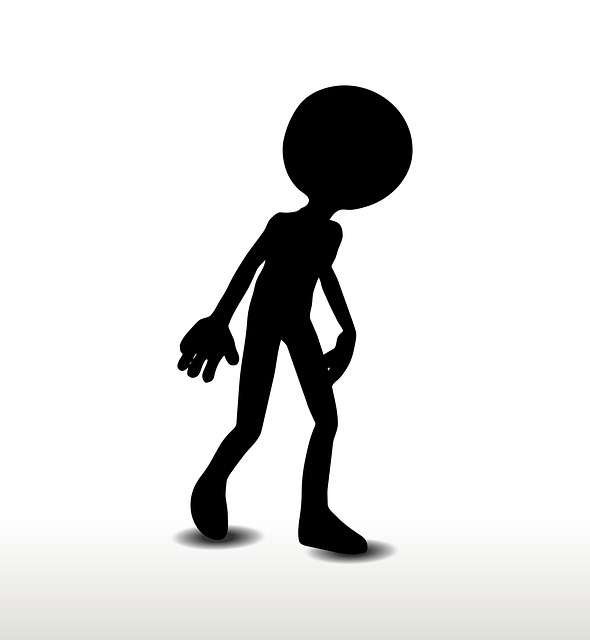
Anxiety often thrives in isolation, making social connection and support networks vital components in its treatment. Human beings are inherently social creatures, and our need for companionship and belonging is profound. Building and maintaining strong social ties can provide a buffer against anxiety’s negative impact. When individuals have a supportive network to lean on, they’re better equipped to manage stress and navigate challenging situations.
Having friends, family, or even support groups offers a sense of security and understanding. These connections allow for open communication about feelings and concerns, fostering an environment where individuals can feel validated and less alone in their struggles. Social activities and shared experiences within these networks can also divert attention from anxious thoughts, promoting mindfulness and emotional well-being. Thus, cultivating and nurturing social relationships is a powerful tool in the anxiety treatment arsenal.
Therapy and Counseling Options for Effective Anxiety Treatment

Anxiety can significantly impact one’s daily life, but there are various therapy and counseling options available for effective anxiety treatment. Cognitive Behavioral Therapy (CBT) is a well-known and widely used approach that focuses on identifying and changing negative thought patterns and behaviors contributing to anxiety. Through CBT, individuals learn coping strategies to manage their symptoms and gain insights into addressing underlying issues.
Another powerful technique is mindfulness-based therapy, which teaches individuals to stay present and focused on the here and now, reducing the impact of anxious thoughts. Group therapy sessions also offer a supportive environment where people share experiences and learn from one another, fostering a sense of community and understanding. Additionally, certain types of counseling, such as solution-focused or acceptance and commitment therapy (ACT), help individuals explore personal values and set goals to live a fulfilling life despite anxiety. These therapy options provide effective tools for managing and reducing anxiety symptoms, empowering individuals to take control of their mental health.
Lifestyle Changes for Long-Term Anxiety Management

Anxiety management is a holistic process, and one of the most effective long-term strategies involves implementing lifestyle changes. Adopting a healthy lifestyle can significantly impact reducing anxiety symptoms and preventing future episodes. Regular physical activity, for instance, plays a pivotal role in managing anxiety. Exercise releases endorphins, often referred to as ‘feel-good’ hormones, which can alleviate stress and improve overall mood. Even moderate activities like walking or yoga can make a noticeable difference.
Additionally, prioritizing sleep hygiene is crucial for anxiety treatment. Establishing a consistent sleep routine ensures your body gets the rest it needs to function optimally. Aim for 7-9 hours of uninterrupted sleep each night. This, coupled with a balanced diet and limited caffeine intake, can create a solid foundation for managing anxiety over time. These lifestyle adjustments work in harmony to promote mental well-being, providing individuals with effective tools to combat anxiety on a daily basis.
